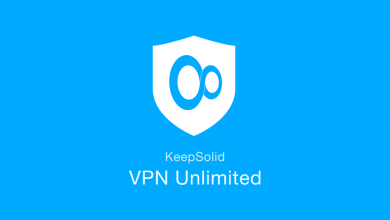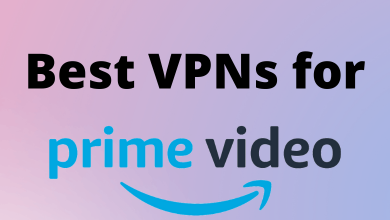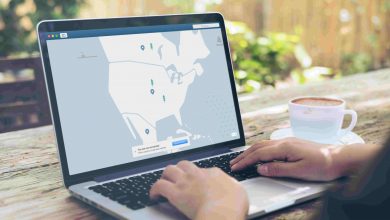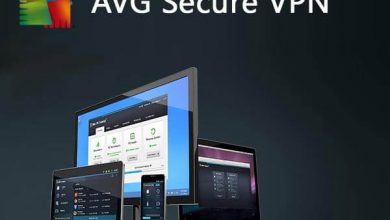We’re becoming increasingly savvy about the nature of our online experience in the digital age, particularly regarding our exposure to advertising and network safety.
Such trends are also particularly evident among younger citizens. When it comes to the former, for example, studies have shown that 64% of Millennials are now using ad blockers on at least one of their devices, with 31% deploying this software on the smartphone.
Regarding network security, we’re also seeing a dramatic rise in the use of virtual private networks (VPNs), which create an encrypted connection between your device and a remote server. Some 39% of all VPN users are also aged between 16 and 22, which is likely to increase over time.
But what are the main benefits of using a VPN? You can find more information here, but we’ve outlined some of the broad advantages below!
Contents
#1. VPNs Introduce an Additional Layer of Network Security
Perhaps the main function of a VPN is to create a crucial layer of network security for your device and data, particularly when surfing unsecured public networks (such as those accessible at cafes, coffee shops, and local libraries).
But what’s the issue with these public Wi-Fi hotspots? Well, they tend to be encryption-free and available to many people in real time, including hackers, network managers, and Internet Service Providers (ISPs).
Because of this, hackers can target public networks simply by creating rogue but familiar-sounding access points, which trick users and encourage them to connect. Subsequently, hackers can view and intercept your data and web traffic while pinpointing your physical location and launching malicious malware or DDoS attacks.
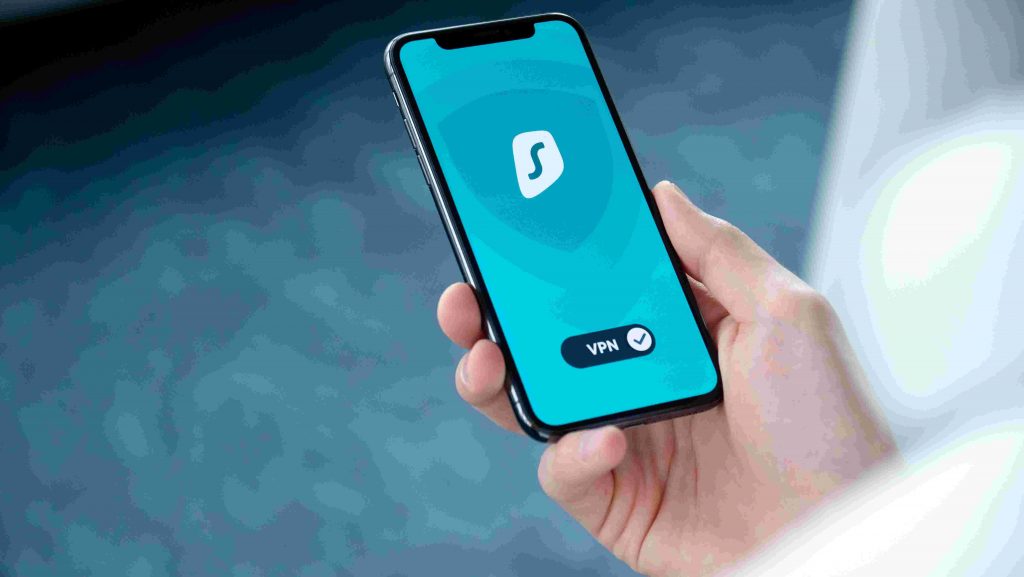
Even if you’re not targeted by a hacker, you’ll find that network managers and similar third parties may track your activity on a public network.
In the case of ISPs, you may find your activity monitored and data restricted in some instances, as it’s common practice to throttle bandwidth as a way of ensuring that connections remain functional during periods of peak traffic.
If you use a VPN, you’ll create an encrypted tunnel between your device and a remote server location. As a result, all of your data and web traffic will appear as an indecipherable string of code to hackers and third parties, while the VPN client will mask your IP address and make it appear as though you’re connecting from the location of the remote server.
Although this doesn’t prevent standard web cookies from tracking your web activity, it does safeguard you against the machinations of hackers while ensuring that ISPs can’t log your traffic while you’re connected to a public network.
#2. Negate Geographical Content Restrictions
If you regularly stream content through platforms like Netflix and Hulu, you’ll have become accustomed to your library of programs across various genres.
However, the typical Netflix library varies from one location to another, with countries such as the US and UK boasting a particularly diverse range of content. Conversely, Spain and nations in Latin America have much smaller libraries, so your access will vary depending on where you are in the world.
This is largely due to license and broadcasting restrictions, which apply to any program or content that hasn’t been commissioned or created by Netflix. So, if you’re a Brit traveling to Spain for your holiday, you may be shocked if you try streaming Netflix content through your smartphone or laptop.
However, a VPN can help with this, thanks largely to its ability to leverage remote servers and mask your IP address.
More specifically, you can download a VPN client with access to multiple server locations across the globe, connecting to one in your country of choice and subsequently streaming the relevant Netflix content.
This can unlock a huge range of programming through sites like Netflix and Hulu while making it easier to stream restricted live sports broadcasts from across the globe.
#3. Save Money Through Regional Ecommerce Sites
The cost-of-living crisis in the UK continues to mount, with inflation predicted to peak at 18.6% by January.
This has seen the cost of food, goods, and energy soar, but what would you say if we told you that using a VPN could unlock financial savings when shopping on international eCommerce sites?
When you shop online, for example, websites such as eCommerce stores, airlines, or hotels tend to track consumers’ network information to adjust their pricing. Some may even use a customer’s location to potentially increase prices, particularly if they reside in a developed country such as the UK.
So, you can connect to a private VPN client and immediately hide your device’s IP and corporeal location, enabling you to avoid price hikes based on your country of origin.
This could lead to significant financial savings across a broad range of expenses over time, while these can be compounded by downloading a paid, functional VPN that offers a monthly subscription of less than £3 per month.
